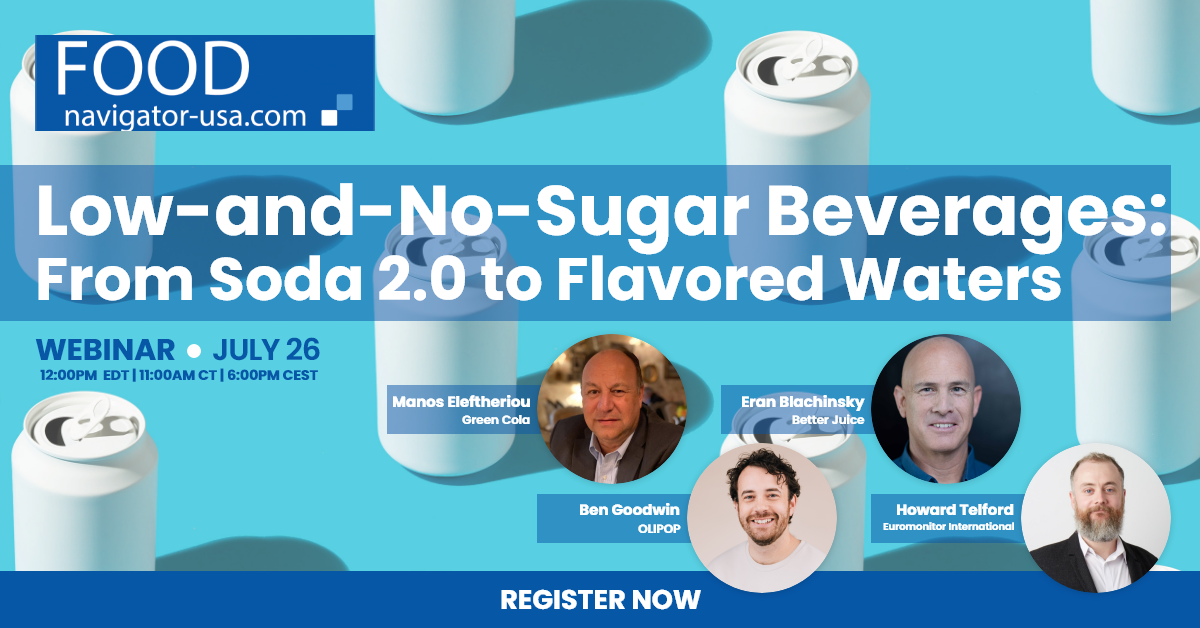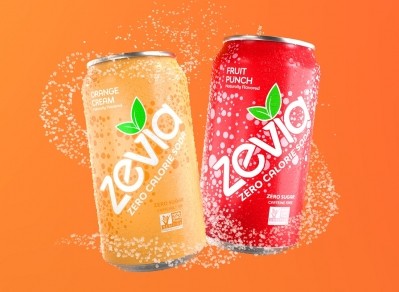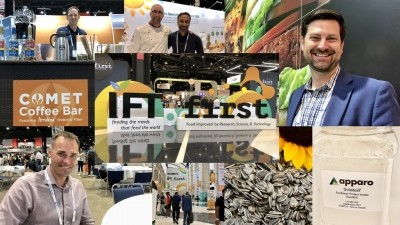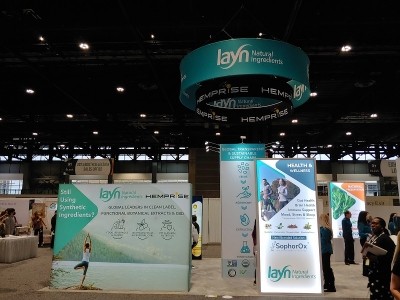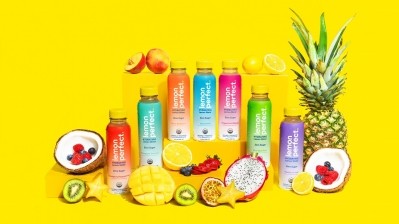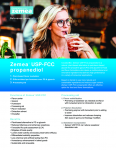IFT FIRST: Consumers prioritize sugar content over sweetener type, says Cargill
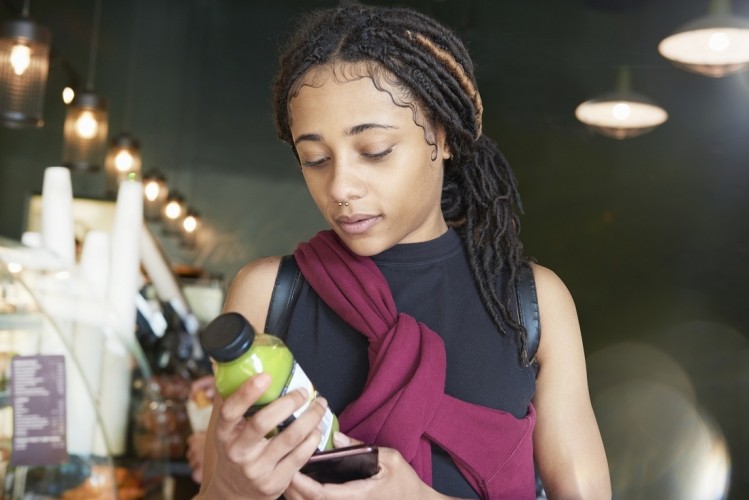
The company conducted a consumer survey of 1,288 US shoppers and found the top claims consumers said they were "extremely likely to check" were the nutrition facts panel (62%), ingredient list (58%), total sugar (58%), and amount of added sugar (58%) outranking calories (55%), sweeteners used (52%), total carbs (49%), and claims on package (45%).
Among 'clean label seekers' the results were more pronounced, 82% prioritize the nutrition facts label, followed by the amount of added sugar (78%), total sugar (77%), and then sweetener type used (73%).
When asked what would make a processed food or beverage healthier, consumers were most keyed on sugar reduction, noted Carla Saunders, senior market manager for Cargill's high-intensity sweeteners line.
"We asked consumers what are the ways you’re trying to manage your health and wellness, and we have found that sugar reduction is the No. 1 way in which consumers think that processed foods and beverages could be better. It outranks eating clean (fewer preservatives, natural, less artificial, organic, non-GMO, etc.), removing negatives (less salt, reduced fat etc.), and adding positives (healthier ingredients, fortification, etc.)," she said.
"To me, that is really a big ‘aha’ moment."
Naturally-sweetened, no added sugar, zero sugar?
Looking at the most popular product terminology to convey sugar reduction to consumers, certain claims carried more weight than others when it came to purchase intent.
'Naturally sweetened' ranked as the top preferred on-pack claim with consumers surveyed across all generations from Gen Z (62%) to baby boomers (69%) saying that they would be more likely to purchase a product with that particular call-out. Purchase intent for mentions of sweeteners on product packaging were mixed. 'Made with a natural sweetener' was preferred by 44% of Gen Z consumers surveyed vs. 69% of Gen X consumers and 56% of baby boomers.
"Natural and no artificial sweetener claims are really relevant for Gen X and Boomers. When we go to millennials and Gen Z, no-sugar added really pops for them but so does 'sweetened with fruit juice' as the second claim," she said.
'Sweetened with fruit juice' was a preferred claim by 57% of Millennials and 55% of Gen X consumers surveyed vs. 49% for Gen Z and 41% for baby boomers.
Ranking lowest on the list in terms of purchase drivers was no sugar, zero calories, sugar-free, low-glycemic, Cargill found.
However, generally speaking, sugar reduction claims, whether it be 'no-added sugar' or 'naturally-sweetened,' are less impactful as you move into more indulgent categories such as desserts and confectionery, but matter more in areas such as beverages and snacks, added Saunders.
Stevia performance
In the world of sweeteners, stevia has been a growing industry favorite due to the evolving and improved flavor profile and better-tasting variants such as Reb M and Reb D coming to market, noted Saunders.
According to Cargill, global product launches using stevia over a 10-year period were up 27%. And within the food and beverage landscape food and beverage products using stevia made up $4.2bn in retails sales in 2021 across all categories growing at a rate of 15% over a five-year period (2016-2021).
"I'm not seeing anything slow down," said Saunders.
"The thing that’s most interesting is me is that products made with stevia outperform their respective category," said Saunders, noting that in Cargill's market research, it found that the growth rates of products containing stevia were 2X to 5X greater than the rest of the products in their category.
Next generation stevia technology
Saunders added that "next generation of stevia technology" such as its recently launched EverSweet + ClearFlo (EC1) flavor modifying sweetener will continue to improve consumer perception around stevia-sweetened products, spurring more growth for the sweetener.
"With this next generation of stevia technologies, we’re really able to achieve sugar reductions at new and higher levels that are not bitter or have an aftertaste. We’re also to achieve sugar reduction in areas where stevia could not go before," she said.
